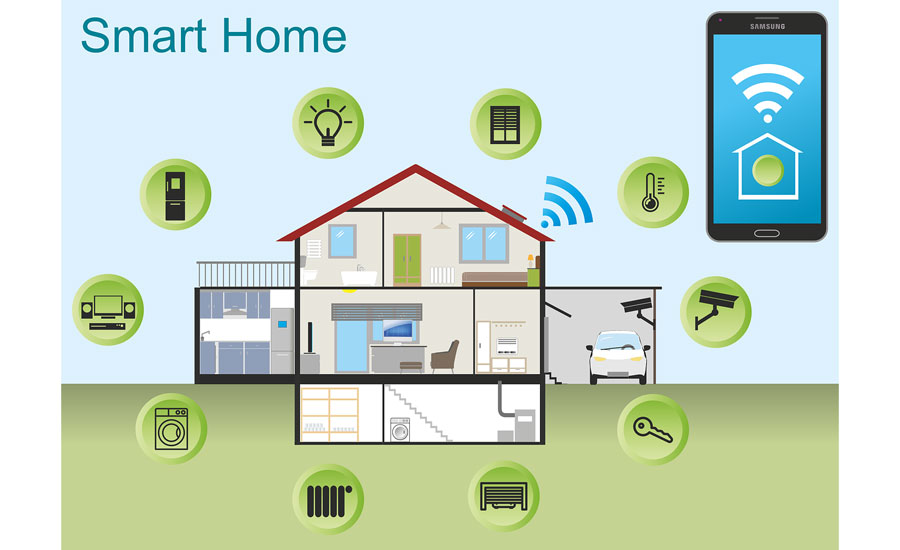Heat Pump Vs Furnace - Which Is The Better Home Heating Choice For Your Home?
Heat Pump Vs Furnace - Which Is The Better Home Heating Choice For Your Home?
Blog Article
Post Written By-Pearson Neumann
Lots of property owners are familiar with furnaces, which warmth homes with oil or natural gas and press hot air via ductwork. They are fairly low-cost and can give reputable home heating even during a wintertime power failure.
Nevertheless, they make use of nonrenewable fuel sources and create carbon monoxide gas and various other air pollution. They likewise aren't as energy-efficient as a high-efficiency heat pump.
Cost
Normally, heatpump are extra inexpensive to operate than heating systems. They commonly use power and cooling agent to extract heat from outside air, and then move it into your home. You can take advantage of less costly electrical power prices throughout off-peak hours to further lower your heating expenses.
Unlike heat pumps, gas or wood-burning heating systems make use of burning to generate heat, emitting flue gases into the atmosphere that can be unsafe to your health and wellness. These heaters are also much less energy-efficient than heat pumps, and their greater operating expense can add up over time.
Heaters are a lot more difficult than heat pumps and need routine upkeep to ensure the proper feature of all components. Despite this, they often tend to last longer than heatpump with a typical life-span of two decades or even more. However, you'll require to consider the cost of gas, fuel oil or timber and the additional devices needed for setup and operation such as ducts and air flow systems.
Power Efficiency
Heat pumps have a greater power effectiveness rating than heating systems. These systems use electricity to feed on heat from the air, also in freezing temperature levels. They can also eliminate excess warmth from the home throughout warmer months and recycle it to cool down the system. Provider professionals can aid you identify the most effective design for your home based on climate and resource power costs.
Heaters shed gas oil, lp, natural gas or various other types of fossil fuel to heat the air in the home. This air is after that spread with ductwork utilizing a huge fan. Heating systems generate greenhouse gases and need normal upkeep and devices upgrades to guarantee secure operation.
The largest benefit of a heater is that it can be run also in severe winter months conditions due to the fact that it does not rely on exterior temperature levels to heat the air. Furnaces likewise have a longer life-span than heatpump and usually last 15 years. They can also be coupled with double fuel choices, which select the most effective home heating alternative based on the weather.
Climate
Heatpump work well in modest climates and use less source power than furnaces. Nevertheless, if your area is exceptionally chilly, you may need to invest in a conventional gas furnace instead.
Heating systems give cozy, comfy warmth and generally provide quick home heating to raise interior temperature levels. These systems can be made use of with a range of fuel kinds, including natural gas, propane, oil or power.
They consume a lot more power than heat pumps-- as much as 3x as much-- and call for ductwork that's expensive to set up or retrofit. They're likewise extra pricey to keep, as they can cause air high quality issues and generate greenhouse gas discharges.
If https://www.businesswire.com/news/home/20210216005841/en/Balfour-Beatty-Communities-Named-2020-Motili-Carbon-Reduction-Champion dedicated to reducing your carbon footprint, a heatpump is a great selection for your home. They have less greenhouse gas emissions than furnaces, particularly if you choose a power STAR ® heat pump. Your neighborhood Carrier specialist can describe the distinctions between these 2 furnace and assist you make the most effective decision for your one-of-a-kind demands.
Individual Preferences
Heating systems can be very energy reliable when powered by gas, gas or oil, but they aren't as energy reliable as heat pumps in freezing climates. They can additionally be more costly to install, calling for gas lines and ventilation systems.
Nevertheless, furnaces often tend to call for much less maintenance, which can cause lower recurring costs. They create less greenhouse gases and are more reputable than heat pumps during severe climate.
Electric heat pumps are extra flexible in creating indoor comfort due to the fact that they can also act as a/c during warmer months. They can be more convenient to preserve, requiring just normal air filter modifications and periodic vacuuming.
If you like the benefit of a single system that does it all, take into consideration a hybrid heating solution that sets a heater with an electric heatpump. These systems can instantly change between both heating options based upon your home's demands and temperature level conditions, optimizing performance and savings.